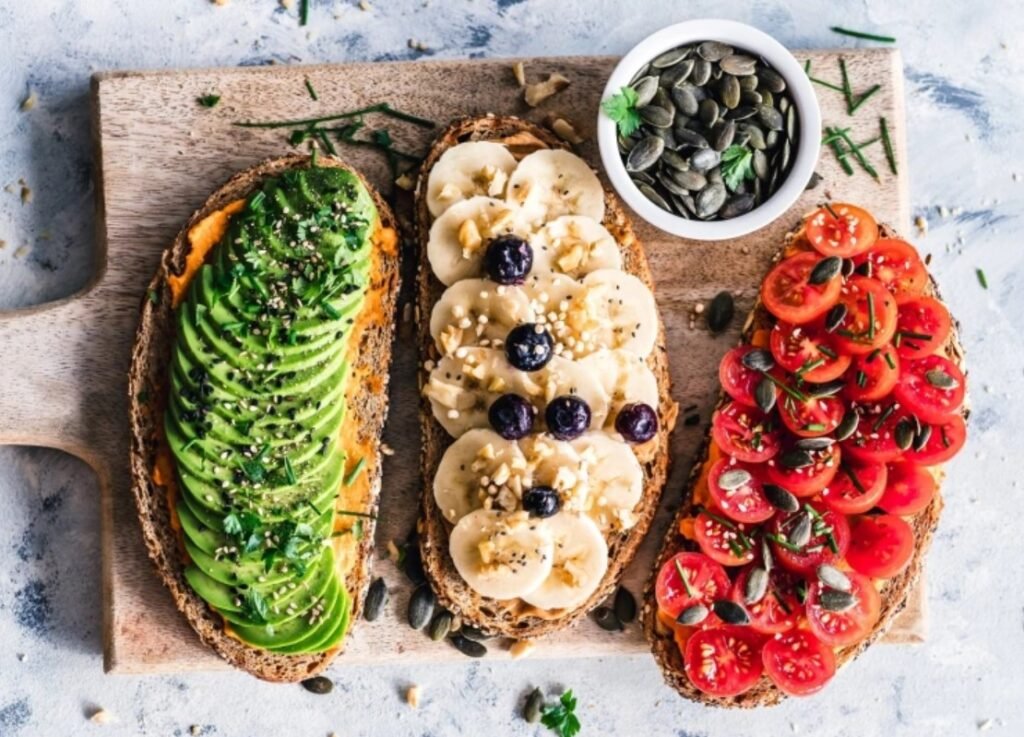A new study suggests that following a vegan diet can lower the risk of heart disease, but it may also affect the enjoyment of food.
A vegan diet is a type of plant-based diet that excludes all animal products, such as meat, dairy, eggs, and honey. Vegans rely on foods like fruits, vegetables, grains, beans, nuts, and seeds to get their nutrients.
Some people choose to follow a vegan diet for ethical, environmental, or health reasons. Research has shown that a vegan diet can have various benefits for the body, such as reducing inflammation, cholesterol, blood pressure, and the risk of type 2 diabetes and some cancers.

However, a vegan diet can also pose some challenges, such as getting enough protein, iron, calcium, vitamin B12, and vitamin D. Vegans may need to supplement these nutrients or eat fortified foods to avoid deficiencies.
How does a vegan diet affect the heart?
A recent study, published in the Journal of the American Heart Association, compared the effects of a vegan diet and a diet recommended by the American Heart Association (AHA) on the risk of heart disease.
The AHA diet is based on eating more fruits, vegetables, whole grains, lean protein, and low-fat dairy, and limiting saturated fat, sodium, added sugar, and alcohol.
The study involved 100 people with heart disease, who were randomly assigned to follow either a vegan diet or the AHA diet for eight weeks. The researchers measured the participants’ blood levels of inflammatory markers, cholesterol, and lipoproteins before and after the intervention.
The results showed that both diets led to significant improvements in the participants’ cardiovascular risk factors, such as lowering LDL cholesterol, total cholesterol, and triglycerides. However, the vegan diet was more effective than the AHA diet in reducing the levels of certain inflammatory markers, such as C-reactive protein and interleukin-6, which are associated with heart disease.
The researchers concluded that a vegan diet may have a greater anti-inflammatory effect than the AHA diet, and thus may offer more protection against heart disease.
How does a vegan diet affect the taste buds?
Another aspect of the study was to examine how the vegan diet and the AHA diet influenced the participants’ enjoyment of food. The researchers asked the participants to rate their satisfaction, pleasure, and taste preferences for different foods at the beginning and end of the study.
The findings revealed that both diets increased the participants’ liking for healthier foods, such as fruits, vegetables, and whole grains, and decreased their liking for unhealthy foods, such as sweets, salty snacks, and fast food.
However, the vegan diet also reduced the participants’ overall satisfaction and pleasure from eating, compared to the AHA diet. The researchers speculated that this may be due to the lack of variety, familiarity, and convenience of vegan foods, as well as the social and psychological challenges of following a vegan diet.
The researchers suggested that these factors may affect the long-term adherence and sustainability of a vegan diet, and that more support and education may be needed to help people transition to a vegan lifestyle.
Is a vegan diet right for you?
A vegan diet can have many benefits for your health, especially for your heart. However, it can also have some drawbacks, such as affecting your taste buds and your enjoyment of food.
If you are interested in trying a vegan diet, you may want to consult with your doctor or a registered dietitian first, to make sure that you are meeting your nutritional needs and that you are not at risk of any complications.
You may also want to start gradually, by incorporating more plant-based foods into your meals, and experimenting with different recipes and cuisines that are vegan-friendly. You can also look for vegan alternatives to your favorite foods, such as plant-based milks, cheeses, meats, and desserts.
A vegan diet can be a rewarding and healthy choice, but it may not be suitable for everyone. Ultimately, the best diet for you is the one that you can enjoy and sustain, while also supporting your well-being.
